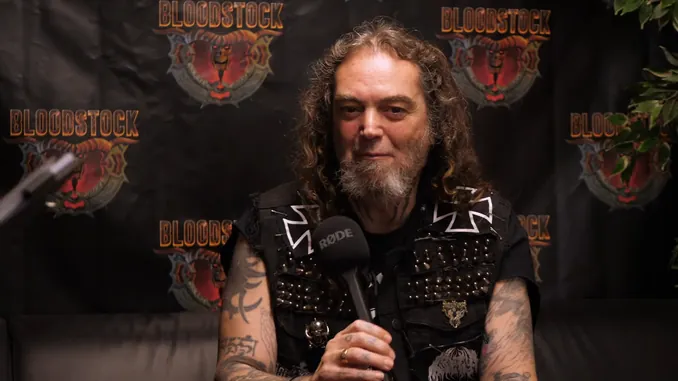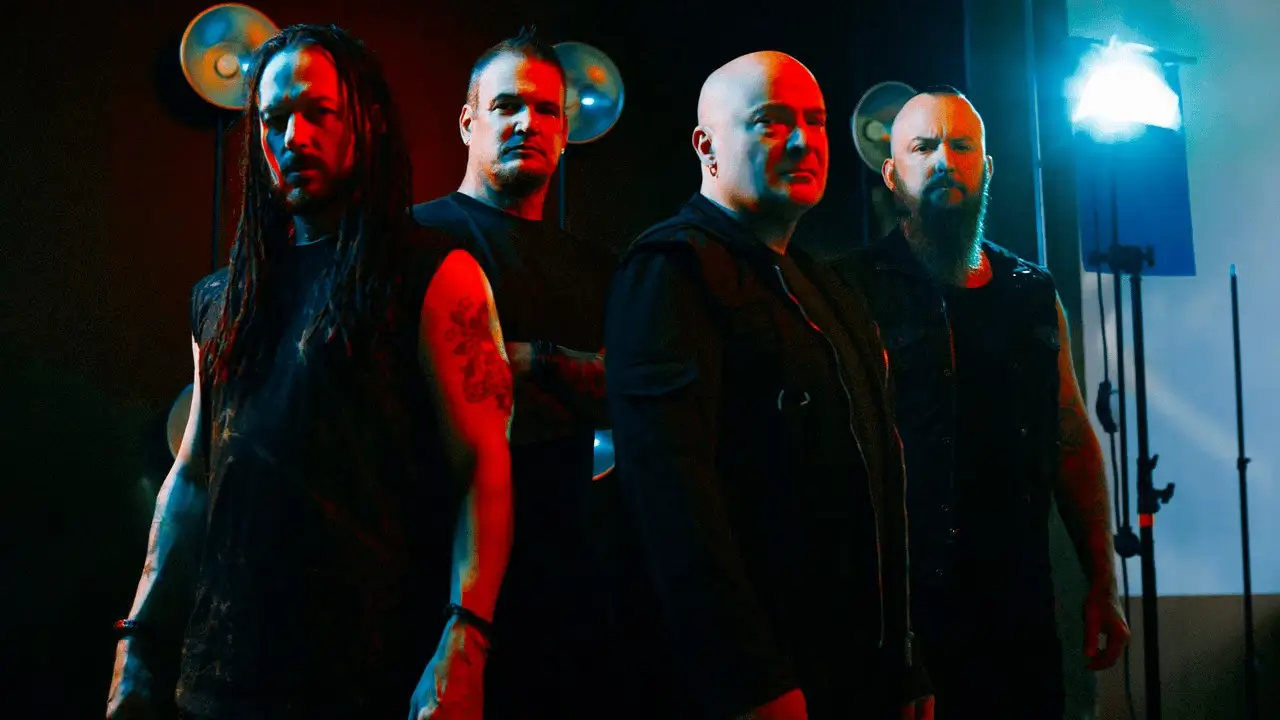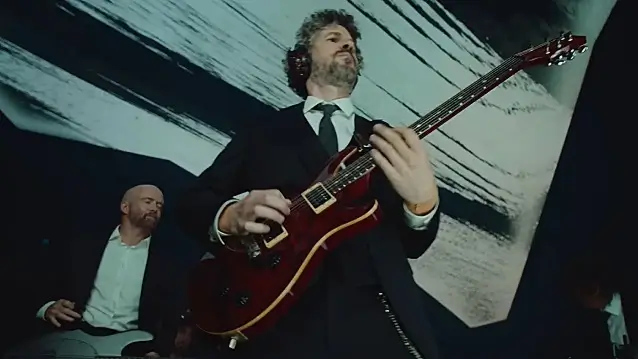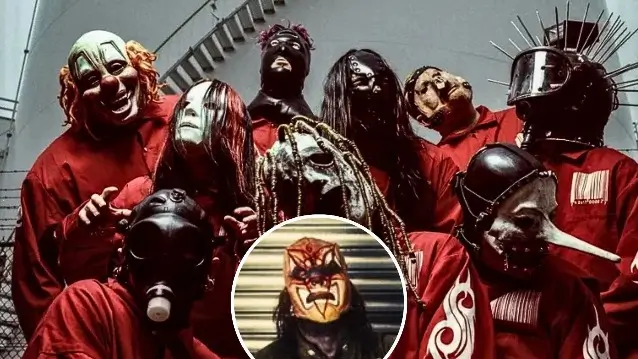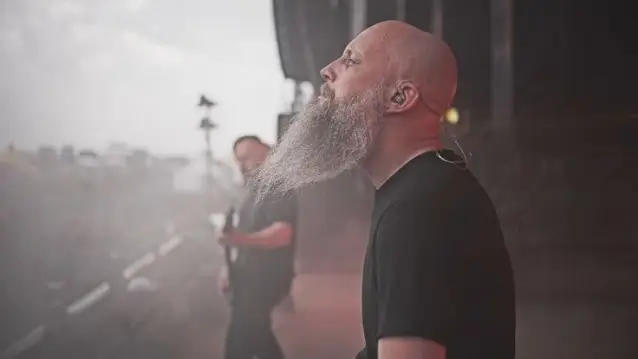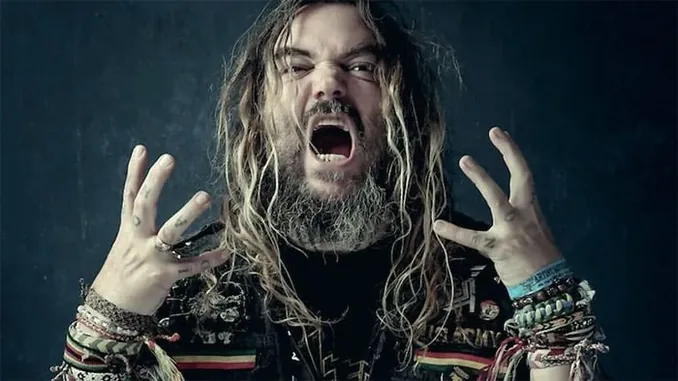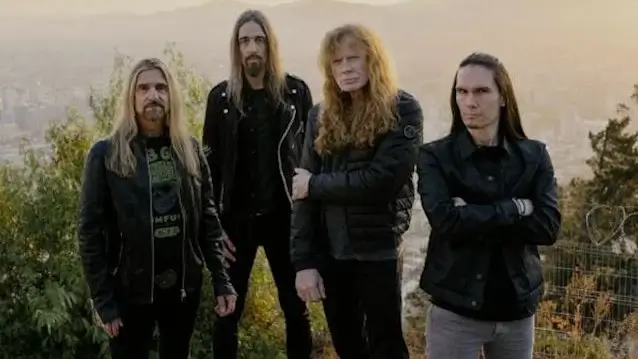Fixing the Past? Max Cavalera on Why SEPULTURA’s Old Albums Needed a Re-Do
The legendary frontman explains why SEPULTURA’s early thrash anthems deserved a second chance with modern production.
Summary
- Max and Igor Cavalera have re-recorded early SEPULTURA albums, without changing a single riff. Their goal? Fixing the rough production of the ’80s while keeping the raw aggression intact.
- Andreas Kisser thinks this whole thing is ‘disrespectful’ and has zero artistic value. The current SEPULTURA guitarist suggests it’s more about money than creativity.
- Fans are split, some love the cleaner sound, others think it’s unnecessary. Either way, the Cavalera brothers are touring hard, bringing their new-old versions to the stage.
Oh boy, here we go. Another “let’s redo our old stuff, but this time better” kind of deal. You know, like when you rewrite a high school essay as an adult and suddenly realize, wow, I really didn’t understand metaphors back then. Well, Max and Igor Cavalera, the OG architects of SEPULTURA’s raw, face-melting sound, apparently felt the same way about their early albums.
So what did they do? They grabbed those primitive, gnarly, charmingly lo-fi recordings from the ’80s (Morbid Visions, Bestial Devastation, and Schizophrenia), threw them into a modern studio, and said, “Alright, let’s make these sound the way we always wanted.”
Related
And depending on who you ask, that’s either a beautiful resurrection of early death-thrash glory or a pointless, money-grabbing exercise in nostalgia milking.
“We Had a Chance to Redo Something That We Weren’t Totally Happy With”
That’s how Max Cavalera put it. And look, fair enough. Back in the ’80s, SEPULTURA wasn’t rolling in cash. Brazilian recording studios? Not exactly Abbey Road. The band was young, broke, and working with whatever tape, spit, and sheer adrenaline they could scrape together.
“Those are the records that we felt they needed to showcase the sound properly,” Max said in an interview with Iain McCallum. “I think they are great songs and they’re great records, but they’re very badly recorded because of the situation we were in, in the Brazilian studios without money and without producers.”
Ahem. Understatement of the century.
To be fair, Morbid Visions sounds like it was recorded in a metal trash can by a bunch of teenagers who just discovered how distortion pedals work. Because, well, that’s exactly what happened.
So Max and Igor “Iggor” Cavalera, with the help of Max’s son Igor Amadeus Cavalera (on bass) and Travis Stone (on lead guitar), decided to “reclaim” those albums. Polish them up. But not too much.
The Delicate Art of Not Screwing Up the Past
Re-recording old songs? Tricky business. Get too carried away, and suddenly you’ve Frankenstein’d your own history into something unrecognizable.
Max knew this.
“The hard part was… I think there’s a human thing about changing. You wanna change, right?” he admitted.
And yet, they resisted the urge to mess with the structure. No rewrites, no additions, no “hey, what if this song had a breakdown now?” moment.
“We don’t need to change the songs. They’re @#$%! great. There’s nothing wrong. They just need to be played better and to sound better.”
Which is kinda refreshing, honestly. Just let the songs breathe in a better studio. No unnecessary bells and whistles.
Not Everyone’s Thrilled About It (Looking at You, Andreas Kisser)
Ah yes, the part where SEPULTURA’s current guitarist Andreas Kisser rolls his eyes so hard, you can probably hear it from space.
Because let’s be real, he’s not a fan of this whole thing.
When asked about the Cavalera brothers re-recording his first SEPULTURA album (Schizophrenia), Kisser was… um… less than enthusiastic:
“I think artistic value is zero. Maybe they’re going for some money or something, but there’s no reason to do something like that.”
Ouch. But wait, there’s more!
“It’s weird to see a guy [Max] who always says, ‘Oh, I did this,’ ‘I did all that,’ ‘I’m so creative,’ and ‘I did everything by myself,’ and doing this shit, like re-recording riffs that we did 30, 40 years ago. It doesn’t click.”
Andreas, tell us how you really feel.
The “Why Bother?” Argument vs. The “Why Not?” Rebuttal
Let’s be honest, re-recording albums is always gonna split opinions.
- Some fans? Pumped to hear these classic songs with better production, cleaner tones, and drums that don’t sound like someone hitting a tin can in a basement.
- Other fans? Annoyed. They see it as revisionist history, messing with something that should just be left alone.
- Then there’s SEPULTURA’s current lineup, who see this as “disrespectful” and “totally unnecessary”.
But Max? He doesn’t care.
“A lot of people are… there’s a big taboo about re-recording. There are a lot of people who are [freaked out] about touching old stuff. I had to kind of block all that and think, ‘Fuck it. Let’s do it, man, but let’s do it the way we wanna do it, the way we wanna hear it as fans.’”
He’s not wrong. There’s always a risk, but if the goal is to make these albums sound the way they were originally meant to, then sure, why not?
So What?
Like it or hate it, the re-recorded versions of Morbid Visions, Bestial Devastation, and Schizophrenia are out there now.
- They still sound raw, pissed-off, and unhinged, just, you know, better.
- The artwork got a facelift too (shoutout to Eliran Kantor for the hand-painted watercolor restoration of Schizophrenia).
- The band is playing these versions live, soaking up the nostalgia, and giving the younger generation a taste of what early SEPULTURA should’ve sounded like.
And SEPULTURA? Well, they’re wrapping up their career in 2024 with a farewell tour.
Could there be one last reunion before it all ends? Probably not. But hey, stranger things have happened in metal.
For now, you’ve got two choices:
- Jam the old-school versions, the gritty, low-budget, chaotic masterpieces.
- Blast the new versions, the same chaos, but refined, tightened, and recorded with actual studio gear.
Either way, the Cavalera brothers are out here, still keeping that wild metal spirit alive, whether SEPULTURA likes it or not.
See ya.
Got a tip for us? Email: [email protected]
Derrick Green, longtime frontman of the Brazilian metal band SEPULTURA, recently opened up about how his parents reacted when he first started …


